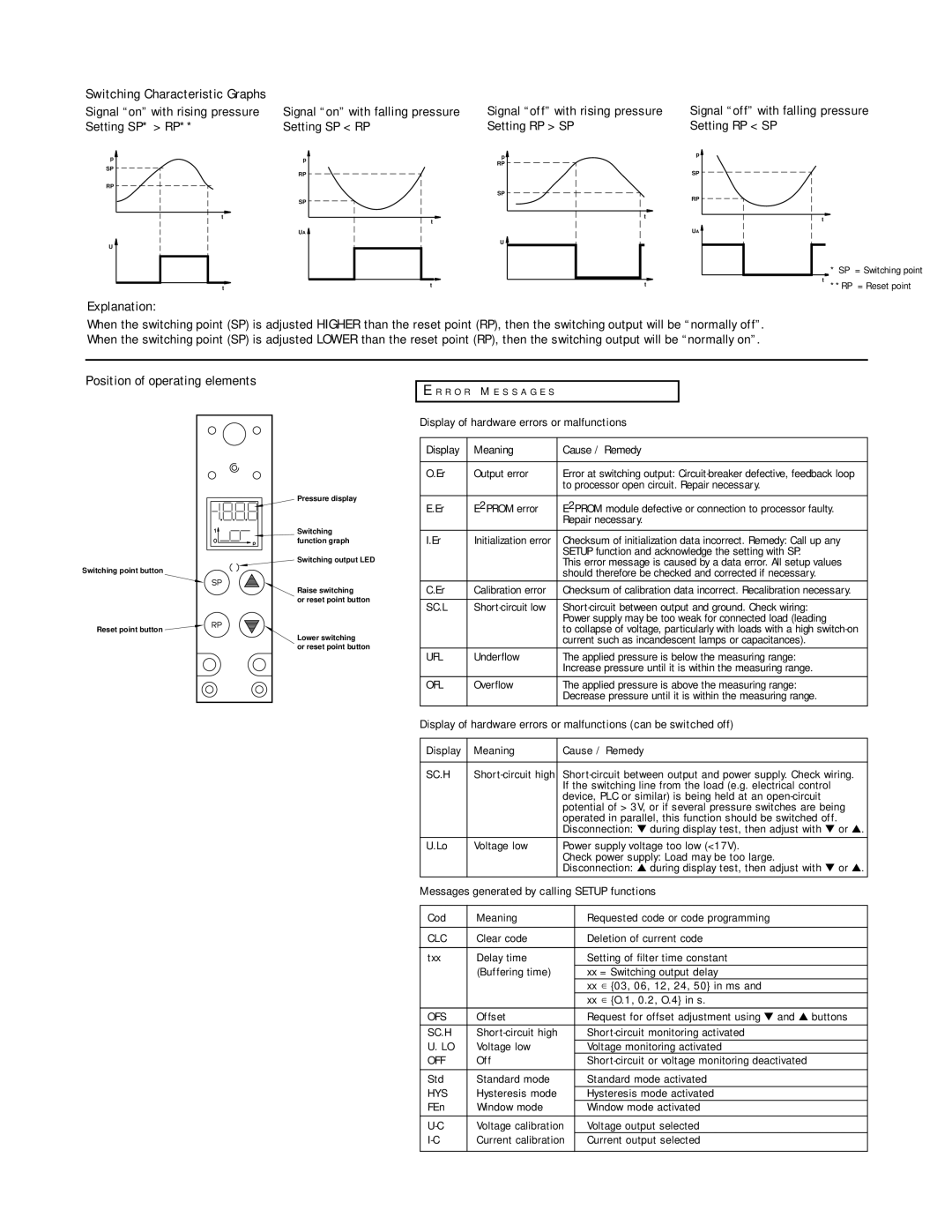PSW 31 specifications
The Omega PSW 31 is a standout product that seamlessly integrates advanced technology with user-friendly features, making it a preferred choice for consumers looking to enhance their audio experience. This versatile speaker system has garnered attention for its remarkable sound quality, design, and innovative functionalities.One of the key features of the Omega PSW 31 is its powerful audio performance. With a robust amplifier and high-fidelity drivers, this speaker delivers rich, immersive sound that fills any space. The deep bass response ensures that music enthusiasts can enjoy their favorite tracks with incredible depth, while clear midranges and crisp highs cater to a variety of audio genres.
Additionally, the PSW 31 incorporates Bluetooth connectivity, allowing users to easily connect their smartphones, tablets, or computers. This wireless functionality enhances convenience, enabling users to stream their favorite playlists effortlessly. Moreover, the range of connectivity options extends to Wi-Fi, making it possible to connect to various online music services directly from the speaker itself.
The Omega PSW 31 also features smart integration capabilities. With support for voice assistants like Amazon Alexa and Google Assistant, users can control playback and manage their music hands-free. This feature is not only convenient but also embodies the modern approach to home audio systems, allowing for seamless interaction.
Furthermore, the design of the Omega PSW 31 is both stylish and functional. The sleek and contemporary aesthetic complements any home decor, while its compact size allows for easy placement in different settings. The durable materials used in its construction ensure longevity, making it a worthwhile investment for any audiophile.
Another notable characteristic is the built-in equalizer, which allows users to customize the sound profile according to their personal preferences. By providing control over bass, treble, and midrange settings, the PSW 31 caters to diverse listening tastes, making it suitable for everything from music playback to movie watching.
In conclusion, the Omega PSW 31 is a powerful audio solution that combines cutting-edge technology with essential features, such as Bluetooth and smart assistant integration. Its superb sound quality, elegant design, and ease of use position it as a top contender in the speaker market, appealing to audiophiles and casual users alike. Whether you are hosting a party or enjoying a quiet evening at home, the Omega PSW 31 is designed to elevate your auditory experience.

